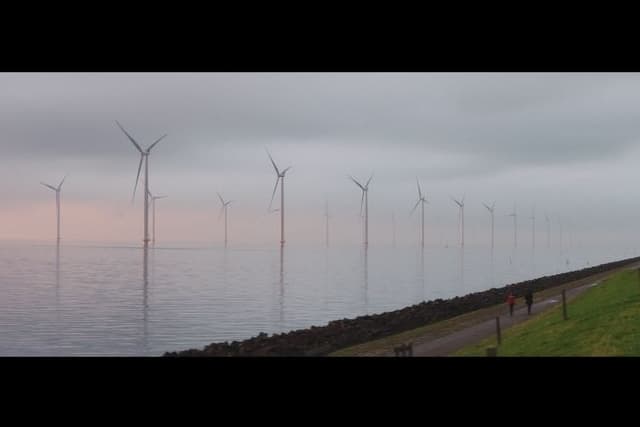
2040 - Exploring Energy
Lesson3 of 4 in this unit
PrimaryYear 5 - 6ScienceTechnologyDesign and TechnologiesEnvironmentalEnergySustainability
Summary
Lesson Guides and Printables
Lesson Plan

Student Worksheet

Teacher Content Info


Lesson Plan

Student Worksheet

Teacher Content Info
